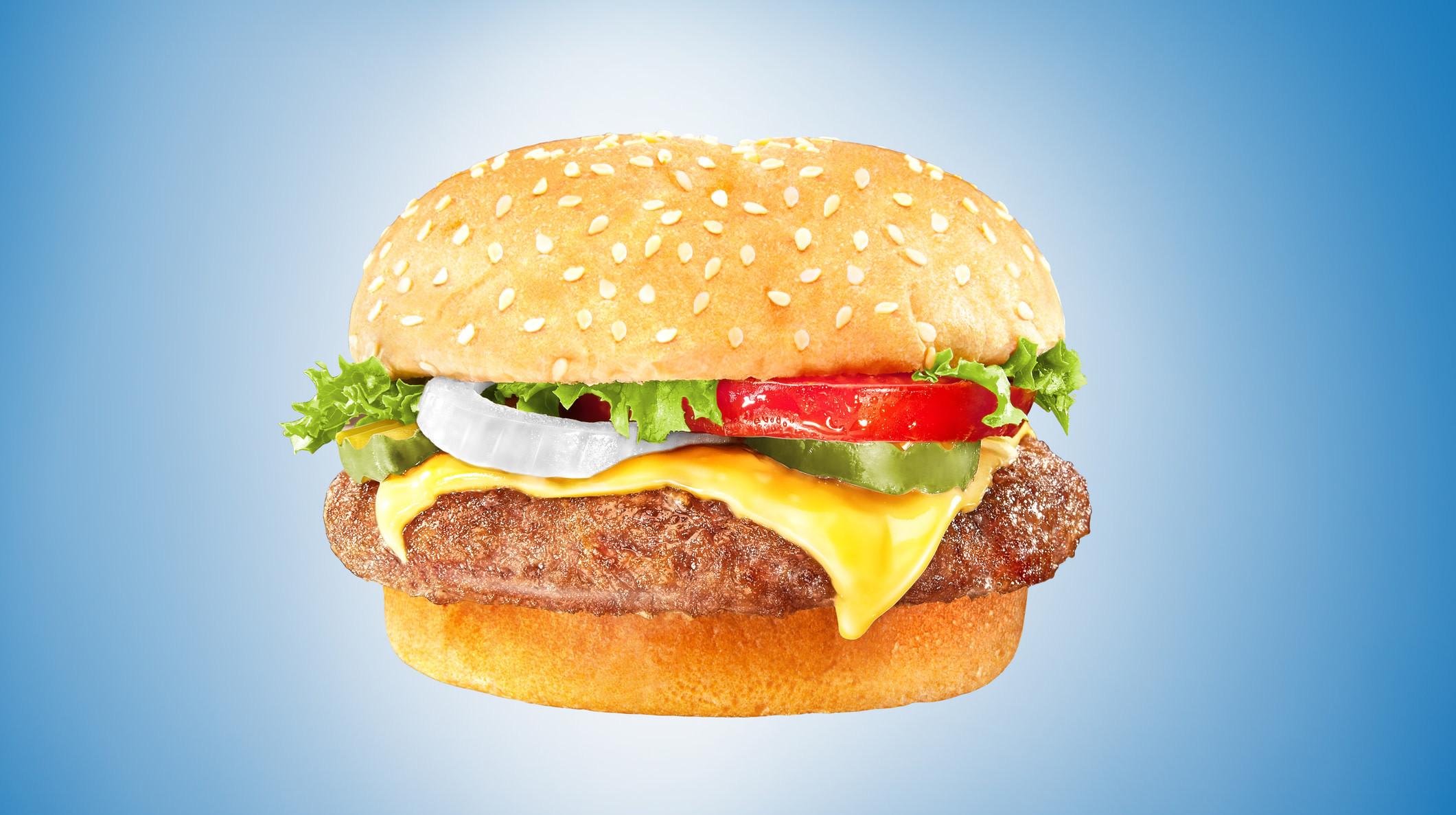What Is The True Cost Of A Pandemic-Era Cheeseburger?
One of the most frustrating food-related aspects of living in pre-COVID New York was that if you wanted to have a cheeseburger at a nice, non-chain casual restaurant, it would almost certainly cost you around $20, if not more. Now, focusing on D.C., The Washington Post has delved into what a $20 pandemic-era cheeseburger actually costs the people who make it, in terms of money, effort, and equity.
The story, written by staff reporter Jessica Contrera, follows the path of a hamburger at Le Diplomate, a restaurant known for both its classic Paris bistro style and its remarkable exclusivity. The journey begins with Maximiliano Solano, a sous-chef turned line chef who took a pay cut and demotion in order to avoid being furloughed. From there, in the words of Contrera:
On the burger's journey from a Kansas farm to the engineer's dinner plate, every person had a story like Solano's. A rancher with five children who lost thousands every week. A factory worker who brought the virus home to her son. A courier who calculated the true cost of every delivery not in profit, but in the risk it required her to take.
The tale, a longform drama with accompanying photographs, is compelling, and helps to highlight how pretty much every person involved in the production of the burger got screwed, both by COVID-19 and the various cutthroat business systems we've allowed to thrive. You'll read about people getting their salaries slashed, steaks restaurants could no longer afford to buy, ranchers who saw the value of their cattle drop by the day, and a delivery person who, even despite the pandemic, still isn't consistently receiving tips. Really the only person in the story who doesn't seem to have been hurt by the pandemic and its fallout is the guy actually eating the burger, about whom the story says:
"His laser engineering job transitioned easily to work-from-home. His employer paid for him to order two monitors, a headset and a keyboard. He didn't get sick, and neither did anyone in his family. He didn't know anyone who had lost their jobs."
It's a good read, as much about food as it is about our wider culture, and if you've ever wondered what it takes to produce what seems like a simple meal in the pandemic era, you'll want to check it out.
